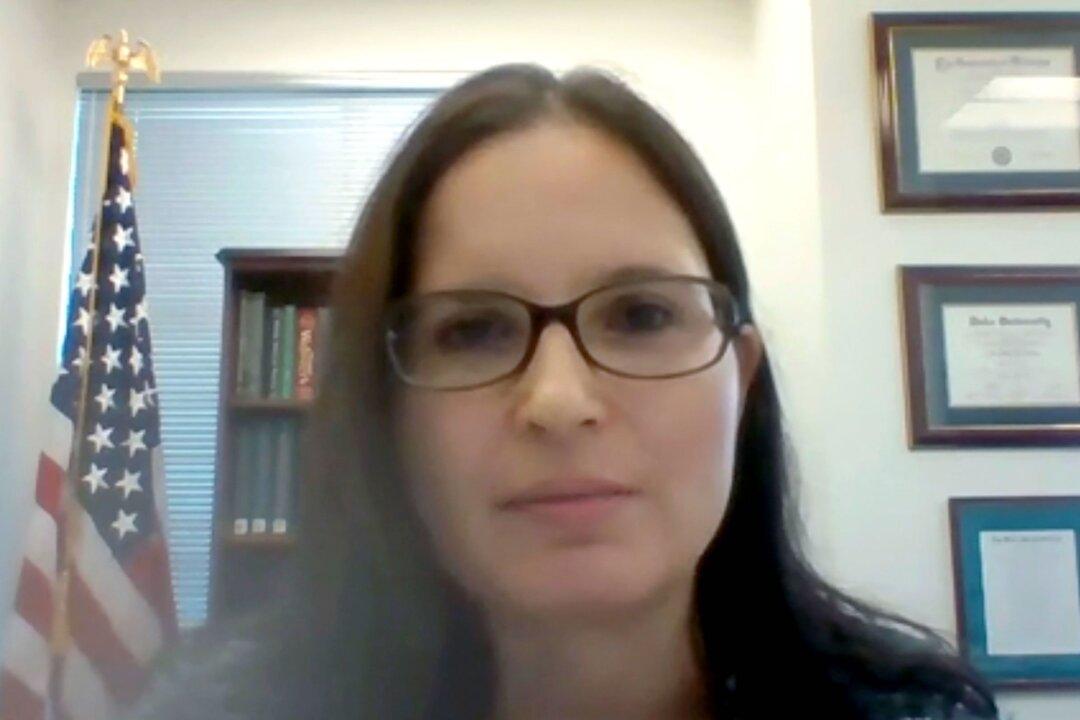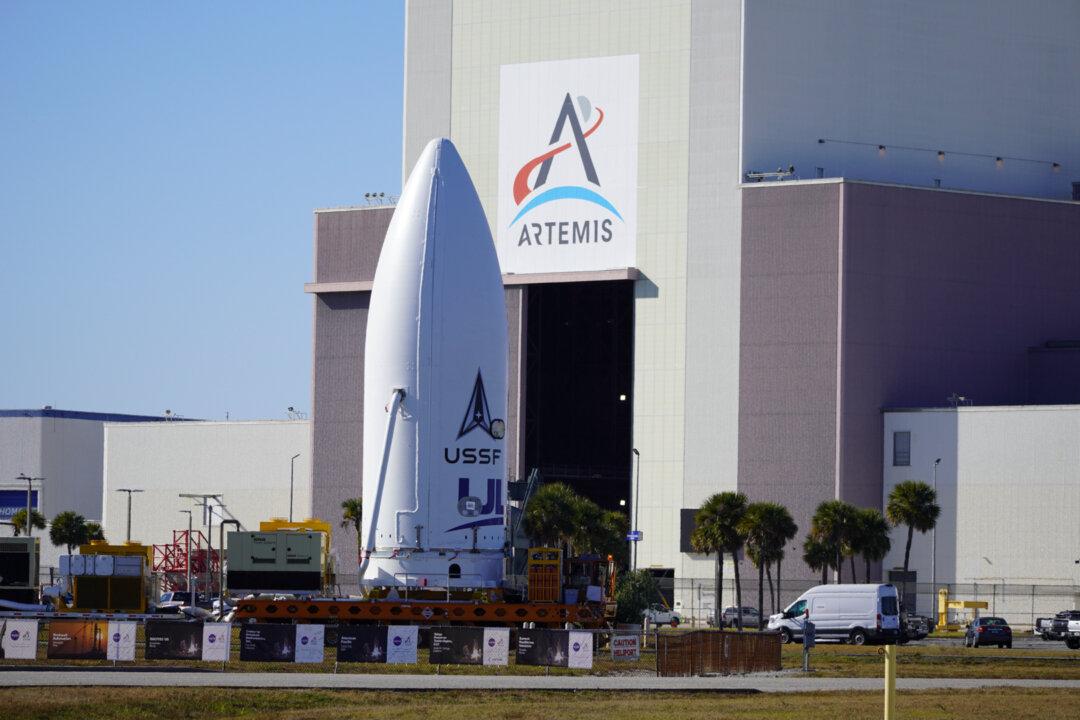FORT PIERCE, Fla.—U.S. District Judge Aileen Cannon held a hearing on June 25, the fourth in five days, on former President Donald Trump’s motion for relief in his classified documents case.
The former president is arguing that the FBI search on Mar-a-Lago was conducted unlawfully and that in the process leading up to the search his attorney-client privilege had also been violated. The arguments regarding attorney-client privilege were heard privately by the judge, as the parties touched on sensitive information, while arguments about the raid were open to the public.






